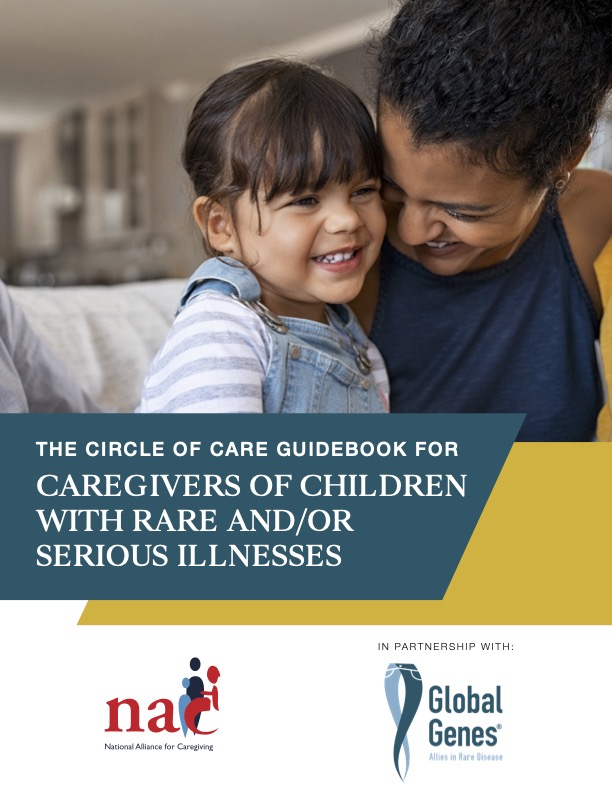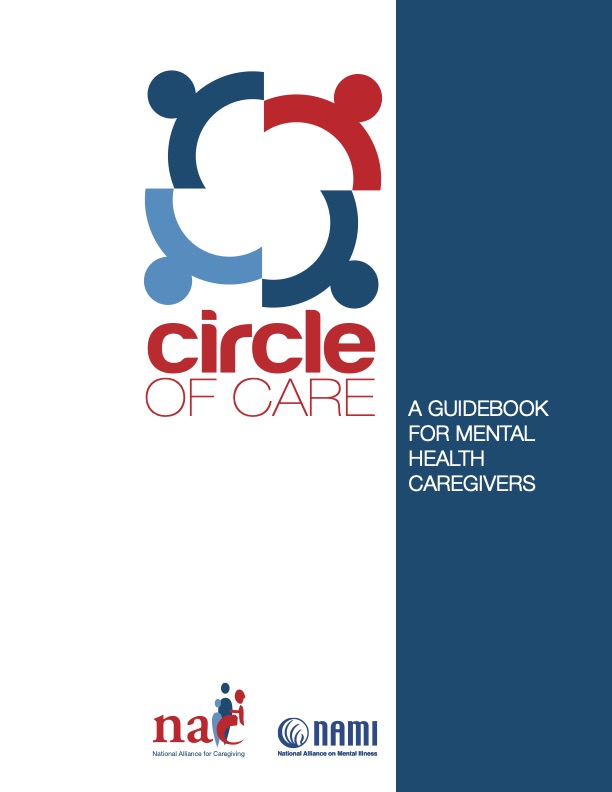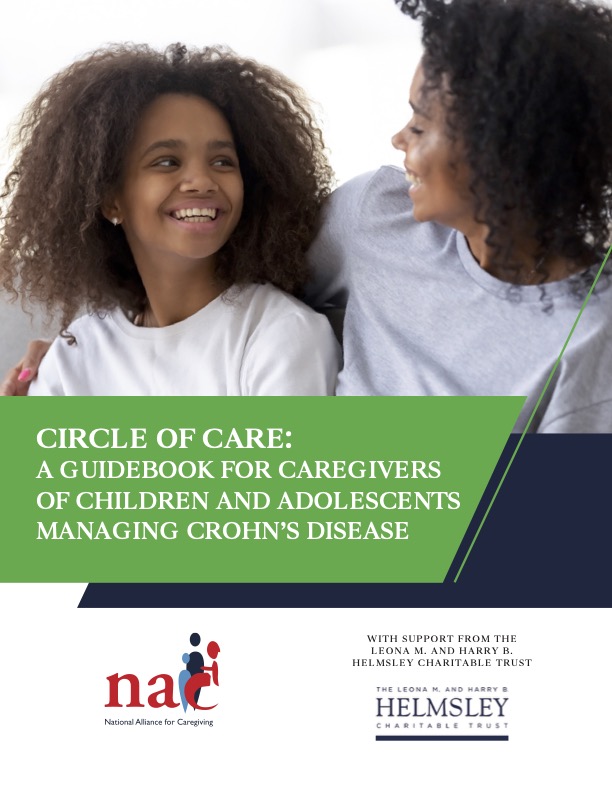Guidebook
The Circle of Care Guidebook for Caregivers of Children With Rare and/or Serious Illnesses
The Circle of Care Guidebook is intended to help Caregivers navigate through the varied experiences and challenges of rare and serious medical conditions, guided by the insights, achievements, and learnings of other caregivers and experts.
The extensive array of topics covered in this Guidebook (nearly 100) underscores the many aspects of life and care that are impacted when caring for a child with a rare disease. Fortunately, there are a wide variety of helpful resources and organizations available to support and direct Caregivers, many of which are also highlighted in this document.
Global Genes would like to thank the National Alliance for Caregiving and all the other Caregivers, organizations, and experts involved for calling attention to the unique needs of those caring for a child with a rare and serious illness, and for helping to develop this Guidebook as a resource.
Working in partnership with patient-advocacy and consumer-facing partners, NAC has been honored to contribute our expertise to a series of guidebooks intended to improve the caregiving experience.
Getting an Accurate Diagnosis
The path to diagnosis for patients and caregivers of rare and/or serious illnesses can be frustrating and chaotic and filled with roadblocks, especially at the beginning. Caregivers often consult several doctors and specialists, regularly receiving many misdiagnoses and differing opinions before a correct diagnosis is confirmed.
Managing Health & Medical Care for A Child
There have been many treatment advances in recent years, with hundreds of newly approved drugs for rare and/or serious illnesses. However, it can be difficult to get an accurate diagnosis and find doctors with the right expertise to help navigate a child’s ongoing care and treatment. There are few therapies on the market today for most rare and/or serious illnesses, but the potential for treatment grows as research, science, and technology continue to advance.
Education & Recreation
Studies have reported that rare and/or serious disease populations generally have an overall lower quality of life compared to populations not affected by rare and/or serious diseases. Therefore, it is important to identify elements in a child’s life that may have a positive effect on overall quality of life. Caregivers who are less worried about their child’s quality of life may find more time to work on their own quality of life.
Resources
The extensive array of topics covered in this Guidebook (nearly 100) underscores the many aspects of life and care that are impacted
when caring for a child with a rare disease. Fortunately, there are a wide variety of helpful resources and organizations available to support and direct Caregivers, many of which are also highlighted in this document.



